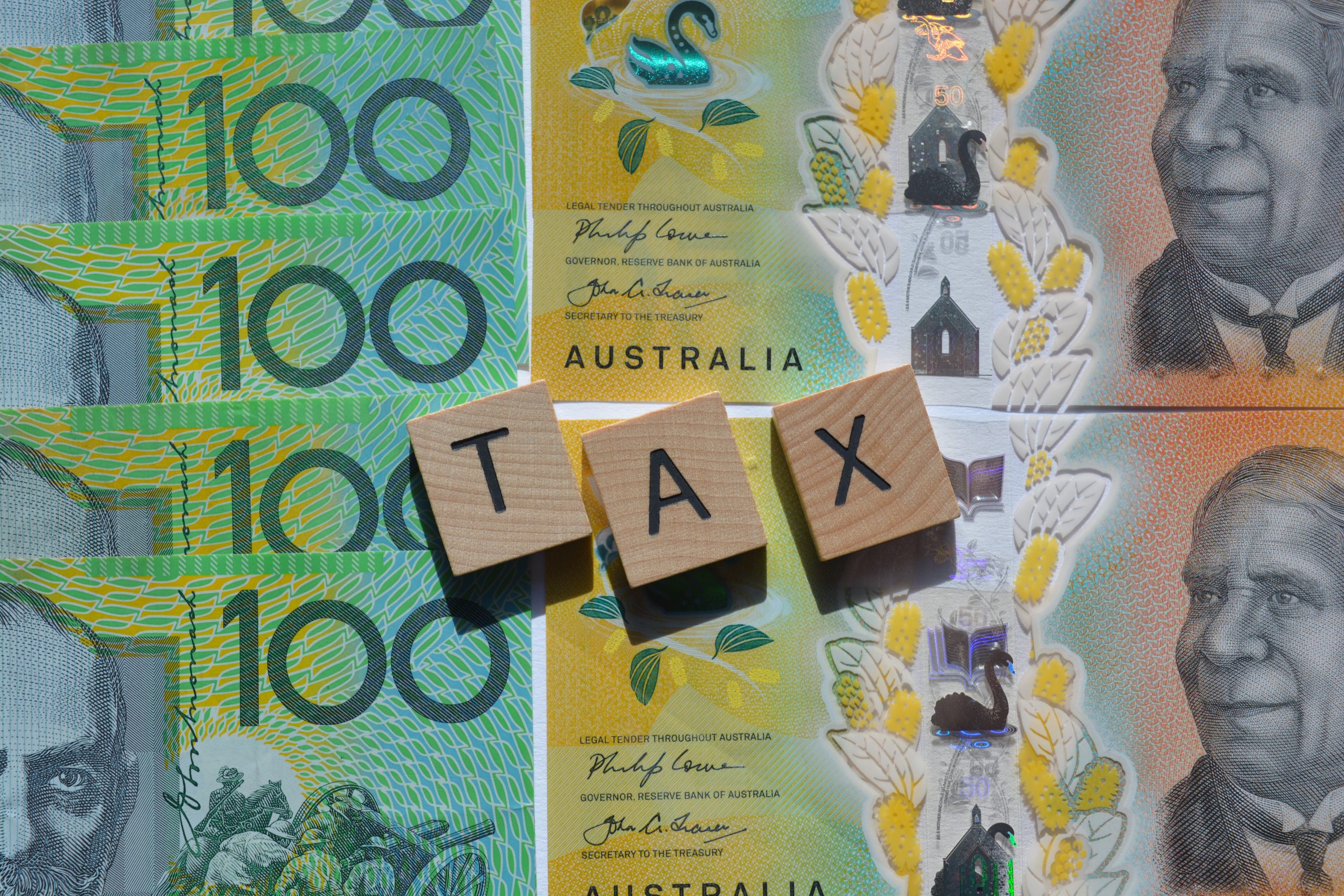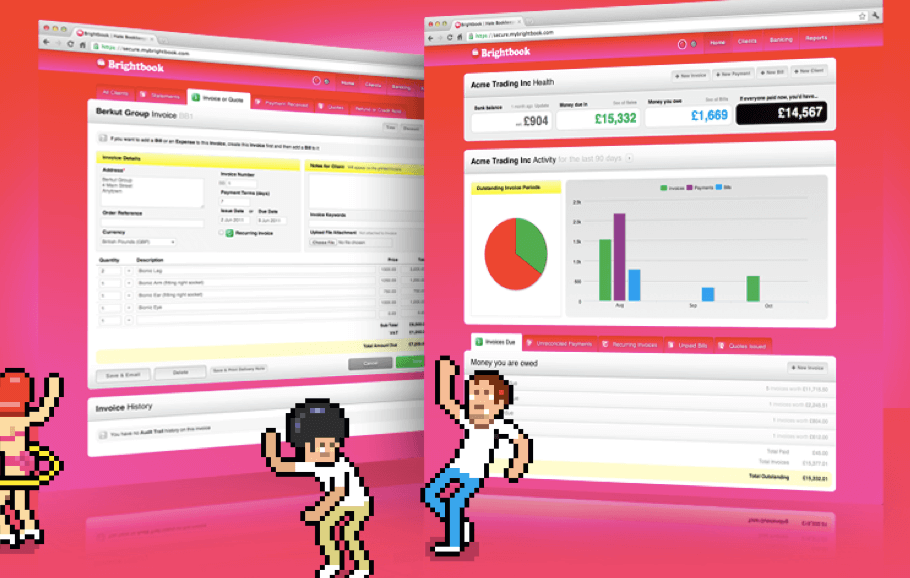Let’s face it – your tax return isn’t exactly the highlight of your freelance journey!
But just like that client who pays on time (we all love those), understanding your tax obligations can be surprisingly rewarding. Consider these bite-sized tips your financial espresso shot – quick, potent, and exactly what you need to power through tax season without the usual headaches. So grab a cuppa, get comfortable, and let’s turn this Australian tax return maze into a manageable pathway to keeping more of your hard-earned freelance dollars where they belong – in your pocket!
ABN: Your Freelance Identity
Before sending out your first invoice, you’ll need an Australian Business Number (ABN). Think of it as your freelance ID card. The application process through the Australian Business Register is straightforward and free. Remember, displaying your ABN on every invoice isn’t just good practice – it’s a legal requirement.
GST: The 75K Threshold
Here’s a crucial number to keep in mind: $75,000. If your annual turnover reaches this amount, you must register for GST. Even if you’re below this threshold, consider registering voluntarily – it can make you more attractive to larger clients and allow you to claim GST credits on business purchases.
Income Tax: The Freelancer’s Framework
Unlike employees who have tax withheld from their paycheck, you’re responsible for setting aside money for tax time. A good rule of thumb is to save 30-35% of your income for tax purposes. This might seem high, but it’s better to have a surplus than come up short at tax time.
Deductions: Your Secret Weapon
One of the perks of freelancing is the ability to claim business-related expenses. Common deductions include:
- Home office expenses (including a portion of rent, utilities, and internet)
- Professional development courses
- Work-related software subscriptions
- Computer equipment and maintenance
- Professional insurance premiums
- Vehicle expenses for work-related travel
Pro Tip: Set up a separate bank account for business expenses and keep digital copies of all receipts. The ATO’s myDeductions app is your friend here – use it to track expenses throughout the year.
PAYG Installments: Staying Ahead of the Game
Once you report business income on your freelance tax return, the ATO will likely put you on the Pay-As-You-Go (PAYG) installment system. This means paying your tax in quarterly installments rather than one lump sum. It might seem daunting at first, but it actually helps with cash flow management.
Superannuation: Don’t Shortchange Your Future Self
When you’re juggling client deadlines and invoice chasing, super contributions might seem like a luxury. However, investing in your retirement is crucial. Consider setting up automatic contributions of 10.5% (the current Superannuation Guarantee rate) of your income. Remember, these contributions are tax-deductible.
Record-Keeping: Your Financial Safety Net
The ATO requires you to keep records for five years after lodging your tax return. Develop a system for tracking:
- Income from all sources
- Business expenses and assets
- Bank statements
- Freelance tax invoices
- Contracts and agreements
- Vehicle logbooks (if claiming car expenses)
Business Structure Considerations
Most freelancers start as sole traders, but as your income grows, consider whether a company structure might be more tax-efficient. While companies have higher compliance costs, they can offer tax advantages and better asset protection.
Getting Professional Help
Consider engaging a tax professional who understands freelance work. Their fees are tax-deductible, and they can help you identify deductions you might have missed and ensure you’re meeting all your obligations.
Remember, freelancer tax compliance isn’t just about avoiding penalties – it’s about building a sustainable freelance business. By understanding and meeting your tax obligations, you’re investing in your professional future and creating a foundation for long-term success.
Need More Detailed Freelance Tax Guidance?
The ATO’s small business newsroom and is an excellent resource for staying updated on your tax obligations.
- Tax Return for Australian Freelancers: A Practical Guide - 02/04/2025
- Cost of Living Crisis: Strategies for Freelance Rate Increase - 15/11/2024
- Cybersecurity Precautions for Digital Nomads - 15/07/2024






